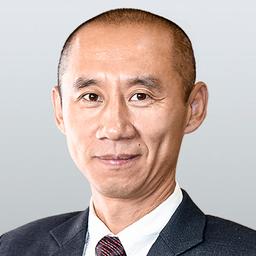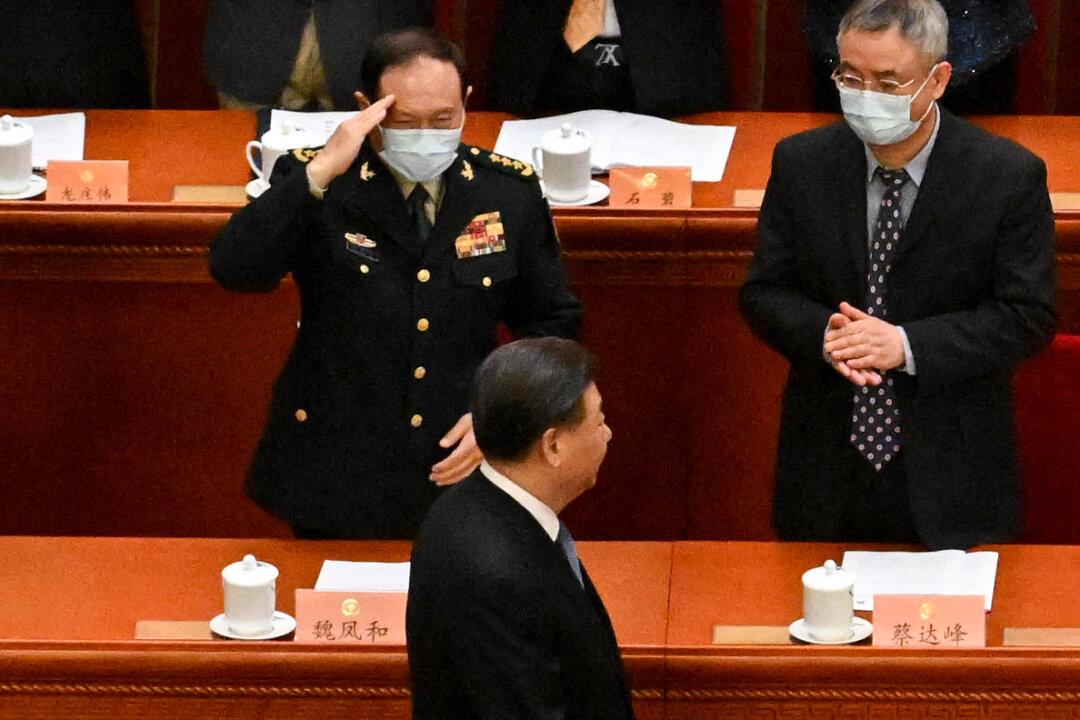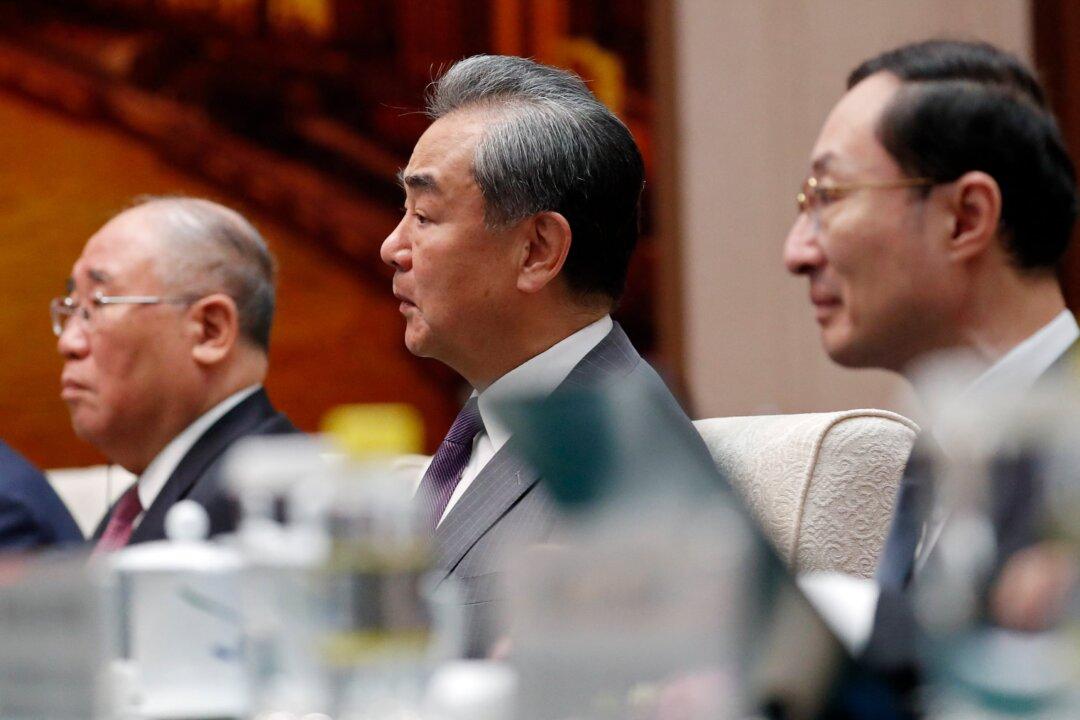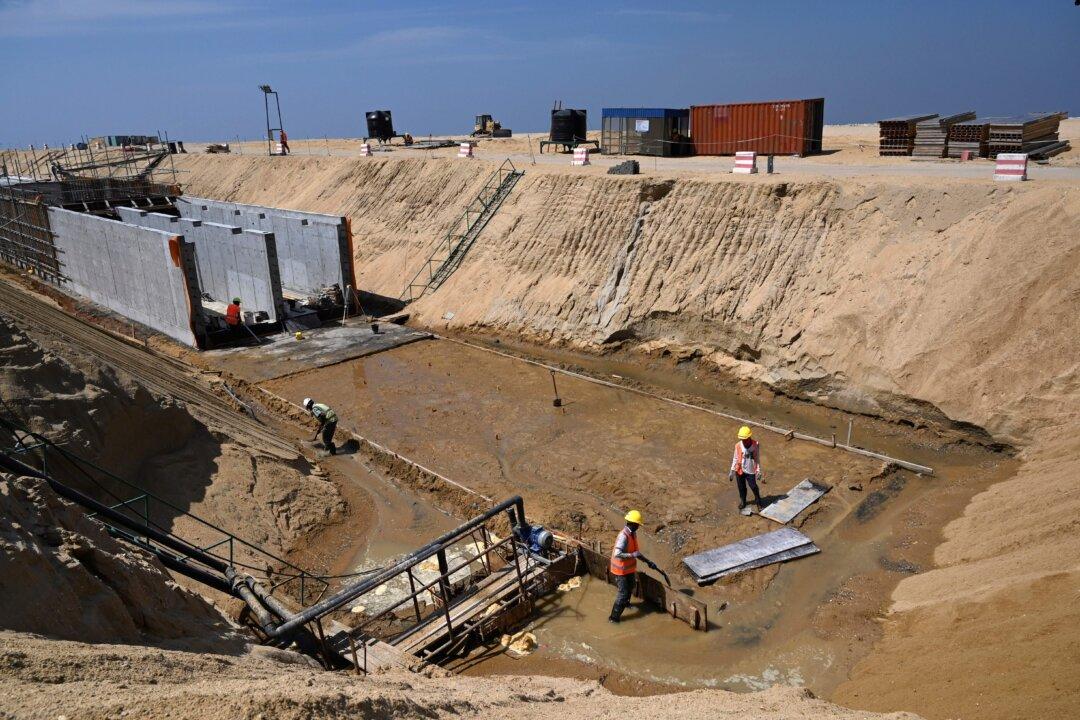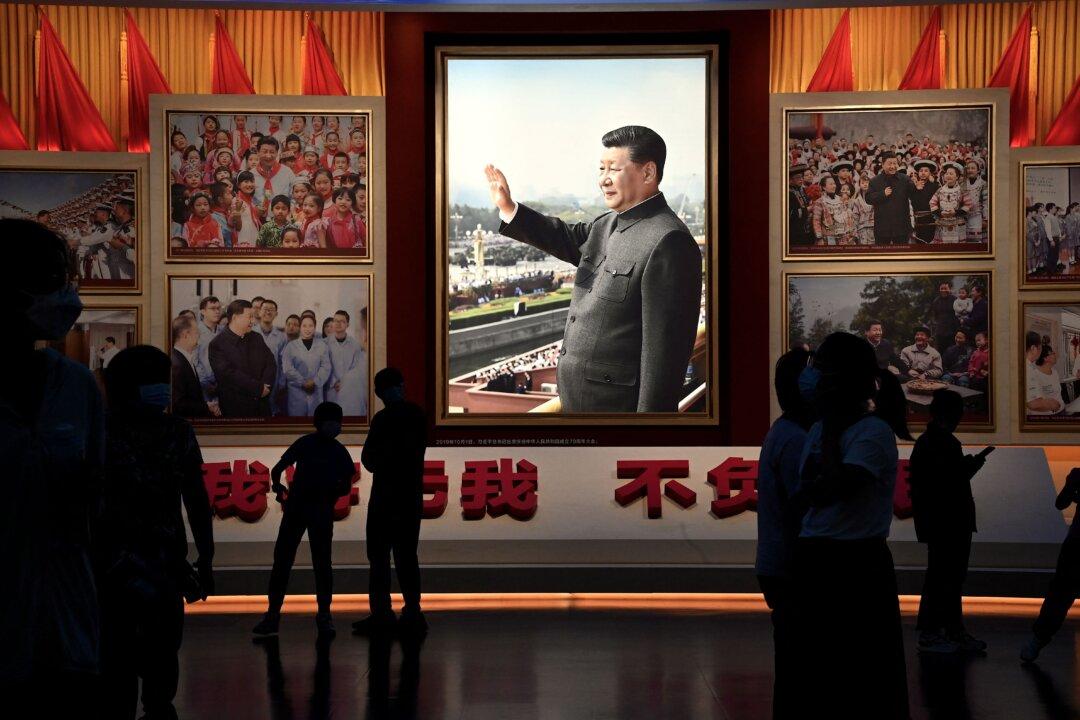Commentary
Since the outbreak of the COVID-19 pandemic, exactly what happened at the Wuhan Institute of Virology (WIV) remains a mystery, but there is a growing suspicion that the virus likely originated in the institute’s P4 lab. Meanwhile, three women who are connected to the WIV have become the focus of discussions in recent years.

